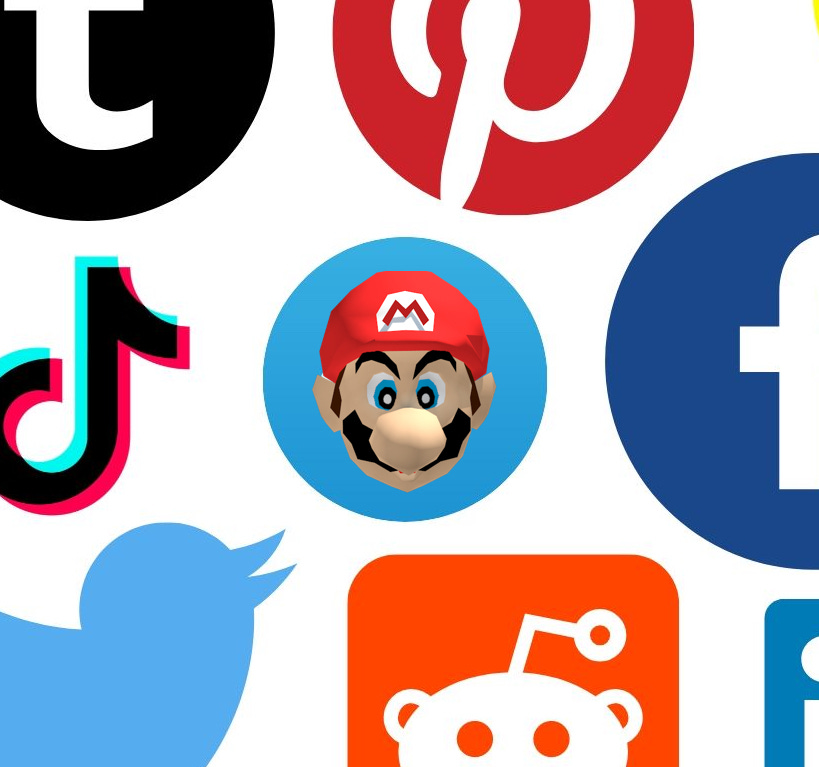Did Mario teach Zuckerberg everything he knows?
Nintendo's Famicom laid the groundwork for the attention economy
When you get right down to it, the human is a simple animal. Evolutionary biologists believe that every human action can be distilled down to one of the “Four F’s,” our most basic, most primal drives: fighting, fleeing, feeding and… uh, mating. But perhaps we might add a fifth F, for Famicom: the Family Computer, released forty years ago this week in Japan. Two years later, it would be unleashed on US customers with a new look and a new name: the Nintendo Entertainment System.
The Famicom/NES was a fantasy delivery device. It purveyed digital dreams in the form of video games. These in turn transformed us as we consumed them. The Famicom changed the way we played, the way we spent time together and alone, the way the world looked at Japan, and the way Japan saw itself. Before the Famicom arrived in 1983, Nintendo was very much seen as a second-rate game company — up and coming, perhaps, thanks to arcade hits like Donkey Kong, but by no means leading the pack. By 1990, one in three American homes owned a Nintendo. By 1993 company was making more money than every Hollywood studio put together. This was success on an epic scale.
That scale made it more than just a smash hit product. In its ubiquity, the Famicom provided an unprecedented platform for technological experimentation. For a time in the Eighties virtually the entirety of the Japanese software industry was funneling its energy into this one device, making the game marketplace a hothouse for innovation. From its most successful experiments emerged something we take for granted today: the idea that a piece of software might be designed so cunningly that it can practically hijack our minds.
Our brains are designed to release chemicals that cause us to manifest behaviors in service of those four key drives. When we sense danger, our brains release adrenaline to get our hearts pumping to fight or run. Conversely, when we eat or engage in sex, our brains reward us with shots of dopamine, which make us feel good. Humans began hacking this system for neurochemical treats very early on. Masturbation; food beyond that needed to survive; fermented beverages or natural substances that gave us a pleasant buzz, dopamine-dealers all. As a toolmaking species, we continue to contrive ever more sophisticated ways of sparking dopamine joy, from chocolate to drugs to thrill rides to video games. You might even call it our raison d'être.
Smartphones and social media ushered in an entire economy centered around these rushes, triggered by trophies and badges and likes and pageviews and all the rest of the gimmicks big platforms use to simulate achievement and keep us engaged. But while they might be the latest way we get our fix, they aren’t the first digital dopamine dispensers. Not by a long shot. No, the moguls of social media learned every one of their tricks from the Famicom, whether they admit it or not.
There had been video game systems before, of course. Americans, in fact, invented video games, of both the arcade and home variety. But with the Famicom it can be




